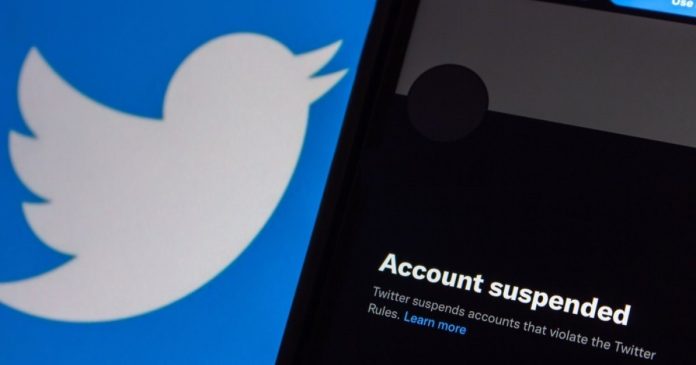Koshiro K / Shutterstock.com
Twitter was abuzz yesterday with the latest news about what’s happening on . . . Twitter.
The platform suspended the accounts of numerous journalists who Twitter owner Elon Musk accused of doxing the location of him and his family. So far, though, there seems to be no evidence the journalists did anything more than report on Twitter’s suspension of the account @ElonJet, which used public flight data to share the location of the mogul’s private plane.
In any situation where you have one person deciding what can and cannot be said by the citizens of a country or the users of an internet platform, the odds are stacked against free expression. That’s because whoever is in charge inevitably must contend with their natural impulse to rid the world of speech that upsets them. That requires thick skin and true dedication to principle.
It increasingly appears that Musk lacks both.
Despite portraying himself as Twitter’s free speech savior, Musk continues to make arbitrary decisions and rule changes based on his personal tolerance for particular kinds of speech. But freedom of expression demands protection of speech that deeply offends or enrages people precisely because we all have a unique blend of beliefs, biases, and sensitivities shaped by our genes and life experiences — which in turn means we all have different ideas about what speech is beyond the pale.
In the neverending debate surrounding Twitter under Elon Musk, the distinction between free speech as a legal right and cultural value can get confused.
Read More
To be sure, Musk has in fact made moves to boost free speech on Twitter — such as restoring accounts banned under previous management, eliminating speech restrictions, and offering a glimpse into the company’s content moderation practices. These are positive developments. But Musk’s recent actions suggest he is motivated not by a principled commitment to free speech for everyone, but simply by a desire to allow more speech that he likes.
Of course, the First Amendment protects Musk’s right to turn Twitter into his own private playground. He bought it, after all. But Musk continues to claim he wants the platform to be a free speech haven. That won’t happen until his actions match his rhetoric and he finds the will to resist that all-too-human impulse to censor.
The suspension of the journalists’ accounts is only the latest in an increasingly long list of free speech controversies on the platform under Musk’s leadership. It’s getting hard to keep up with all of them, and while they deserve our attention, the weekly flare-ups on Twitter should not distract us from the many other threats to free speech this country faces.
Here is a brief overview of important free speech stories from the past few days that you might have missed in all the twitter about Twitter:
These issues and many others demand the attention of everyone who cares about free speech.
FIRE’s award-winning Newsdesk covers the free speech news you need to stay informed.
You are now subscribed to FIRE Updates.
Fill out the form below to receive personalized communications or close this window to continue.






